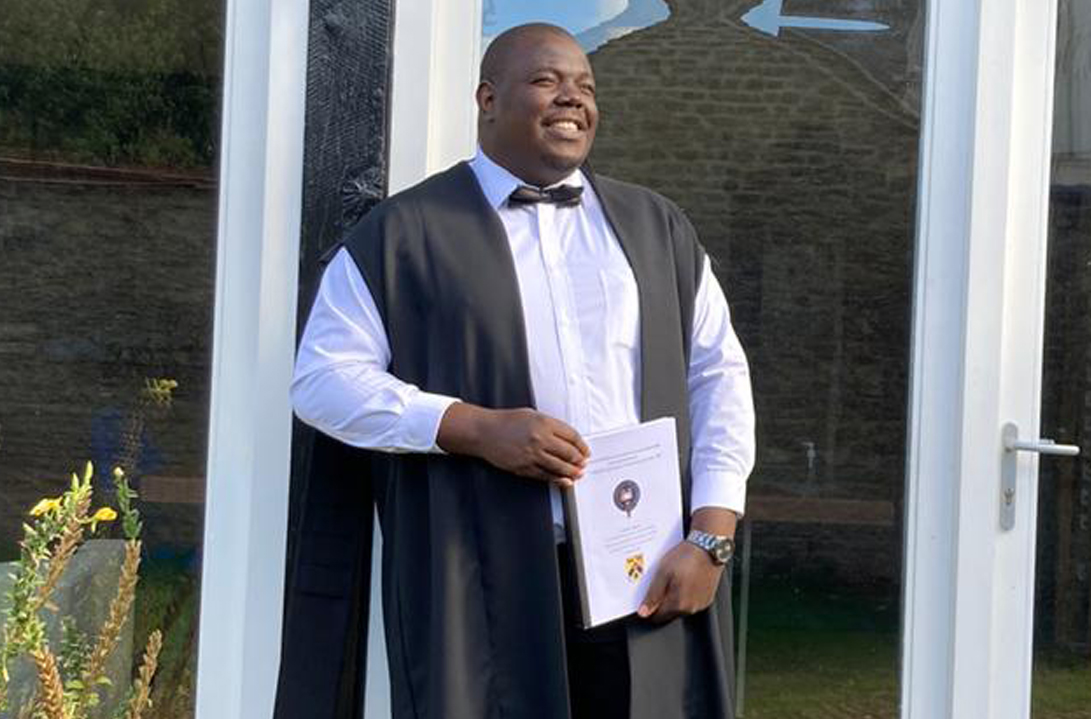Director of the Cheetah Conservation Project Zimbabwe
PROFILE
I attained my doctorate at the University of Oxford in 2020. My doctoral thesis evaluated the effectiveness of a community-based intervention programme in mitigating conflict between humans and lions in northwestern Zimbabwe. My research interests span various topics, from carnivore conservation to human-wildlife conflict.
I direct a cheetah conservation project in Zimbabwe and am a postdoctoral research fellow with the Morally Contested Conservation (MCC) Research Group, led by Dr Darragh Hare. My role in this project is to assist research students with fieldwork design, data collection, and analysis.
SELECTED PUBLICATIONS
Exploring Perceptions of Subsistence Farmers in Northwestern Zimbabwe Towards the African Lion (Panthera leo) in the Context of Local Conservation Actions
Public perceptions of trophy hunting are pragmatic, not dogmatic
The behaviours of different carnivore and livestock species shape spatial patterns of human–carnivore conflict
Exploring Perceptions of Subsistence Farmers in Northwestern Zimbabwe Towards the African Lion (Panthera leo) in the Context of Local Conservation Actions
Public perceptions of trophy hunting are pragmatic, not dogmatic
Fierce international debates rage over whether trophy hunting is socially acceptable, especially when people from the Global North hunt well-known animals in sub-Saharan Africa. We used an online vignette experiment to investigate public perceptions of the acceptability of trophy hunting in sub-Saharan Africa among people who live in urban areas of the USA, UK and South Africa. Acceptability depended on specific attributes of different hunts as well as participants’ characteristics. Zebra hunts were more acceptable than elephant hunts, hunts that would provide meat to local people were more acceptable than hunts in which meat would be left for wildlife, and hunts in which revenues would support wildlife conservation were more acceptable than hunts in which revenues would support either economic development or hunting enterprises. Acceptability was generally lower among participants from the UK and those who more strongly identified as an animal protectionist, but higher among participants with more formal education, who more strongly identified as a hunter, or who would more strongly prioritize people over wild animals. Overall, acceptability was higher when hunts would produce tangible benefits for local people, suggesting that members of three urban publics adopt more pragmatic positions than are typically evident in polarized international debates.
